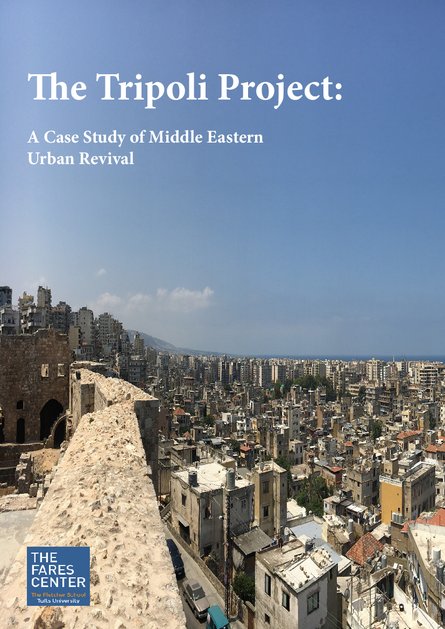
Cities across the Middle East are under enormous stress in the face of conflict. Major urban centers like Aleppo, Mosul, Homs, and Raqqa have undergone destruction and changes in demographic composition and character. They will for generations suffer from the aftermath of war. When the dust settles there will be many such cities across the region that will need to rebuild and learn to live in peace once again. One such city is Tripoli, Lebanon’s second largest city, which is emerging from 40 years of intermittent conflict. The metropolis’ path to economic recovery and peace has been marred by extreme poverty, marginalization by the state, and political sectarianism. Additionally, Tripoli has been influenced by regional factors such as the Palestinian-Israeli conflict and the Syrian refugee crisis. It is also burdened by the image of being home to networks of radical extremist groups. Yet, all is not bleak. There is also tremendous energy, hope, and potential driven by Tripolitans committed to hastening economic development, strengthening inter-community relations, and pursuing social justice.
Resource collections
- UN Habitat - Urban Response Collection
- Urban Response - Urban Crisis Preparedness and Risk Reduction
- Urban Response Collection - Community Engagement and Social Cohesion
- Urban Response Collection - Economic Recovery
- Urban Response Collection - Environment and Climate Change
- Urban Response Collection - Housing, Land and Property
- Urban Response Collection - Urban Crisis Response, Recovery and Reconstruction
- Urban Response Collection - Urban Resilience
